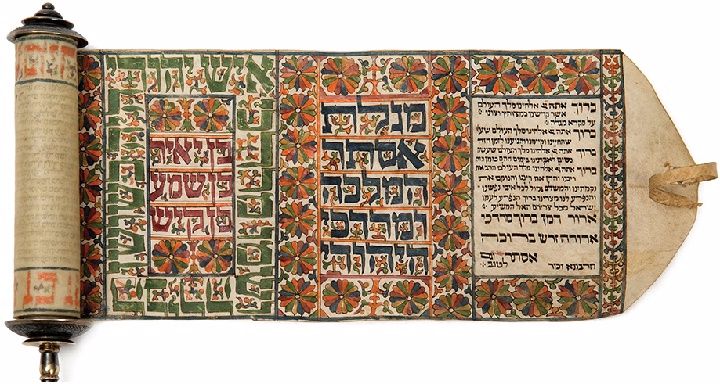Over recent days, I’ve come across quite a few different takes/articles on the ‘online observation’ of the Lord’s Supper.
Below are some thoughts on the subject, which I hope will be helpful.
#Corona #Communion
‘Do this—i.e., break bread—in remembrance/memorial of me’.
Converts to Christ are said to devote themselves to four things:
to the apostles’ teaching (διδαχή),
to the fellowship (κοινωνία),
to the breaking of bread,
and to ‘the prayers’.
The believers’ devotion to ‘the fellowship’ (κοινωνία) takes a radical form: the believers view their possessions as ‘common’ (κοινός) goods, to be distributed wherever they’re most needed (2.45).
as does the apostles’ teaching (διδάσκω: 4.2, 5.42).
In Acts 20, Paul visits Troas.
He arrives sometime between sundown on Sunday and sundown on Monday.
Yet he nevertheless stays at Troas for seven days (20.6–7, 16).
Apparently, then, the practice of breaking of bread on a daily basis (from house to house) has become more formalised by the time we reach Acts 20.
But what did churches do when they *couldn’t* meet together in formalised ways?
What did they do in times of crisis, which there surely were?
The NT doesn’t tell us.
Happily, however, the OT is on hand to help us out.
not only in terms of its typology, but in terms of its evolution.
Each elder takes a lamb for his ‘household’—a group of people larger than the immediate family, yet which can nevertheless be fed by a single lamb (12.3–4)—,
kills it (12.6),
Later in the Pentateuch, however, Moses looks forward to a time when the Passover is observed in a more formal manner (Deut. 16).
which is where all sacrifices must be offered.
That ‘place’ is Jerusalem—the location where YHWH is (uniquely) said to choose (בחר) to ‘put his name’ (1 Kgs. 11.36, 14.21, etc.).
Things gradually become more structured and restrictive.
The answer is simple: exceptions are granted.
People make the best of the situations in which they find themselves, in accord with ‘what seems right’ to them (2 Chr. 30.4).
Moses therefore asks God what he should do,
As a result of Ahaz’s miserable reign, Hezekiah accedes to the throne to find the doors of the Temple shut and its interior polluted (2 Chr. 28).
By the 16th Nisan, he has the altar in a fit state (29.17ff.).
Sacrifices are hence offered up to YHWH, and all Israel’s assembly rejoices (29.20ff.).
Consequently, Hezekiah decides to observe a ‘second month Passover’ (ch. 30),
presumably on the basis of the text/principle of Num. 9 (tailored to his own needs/situation).
Furthermore, the priests are unable to cope with the increased demand for Passover lambs.
In many ways, it is a nice problem to have.
What Hezekiah *does* do is as follows.
and he allows people who are unclean to eat the Passover ‘in a manner not in accord with what is written’ (בְּלֹא כַכָּתוּב) (cp. 30.16–20).
The stricter sects among the Israelites may well have disapproved of it on all manner of legal and theological grounds.
Rather, he acknowledges the (technical) impropriety of what he is about to do, covers Israel in prayer, and proceeds as best he can (30.4, 18–19).
In times of hardship, lament may not be the only legitimate option.
Scripture has a place for pragmatism.
Ordinances evolve over time in Scripture.
nor do they address the question of what are essential and non-essential aspects of the Lord’s Supper,
and they seek to do so on the basis of an array of Scriptures rather than on the basis of inferences drawn from isolated texts.
THE END.




